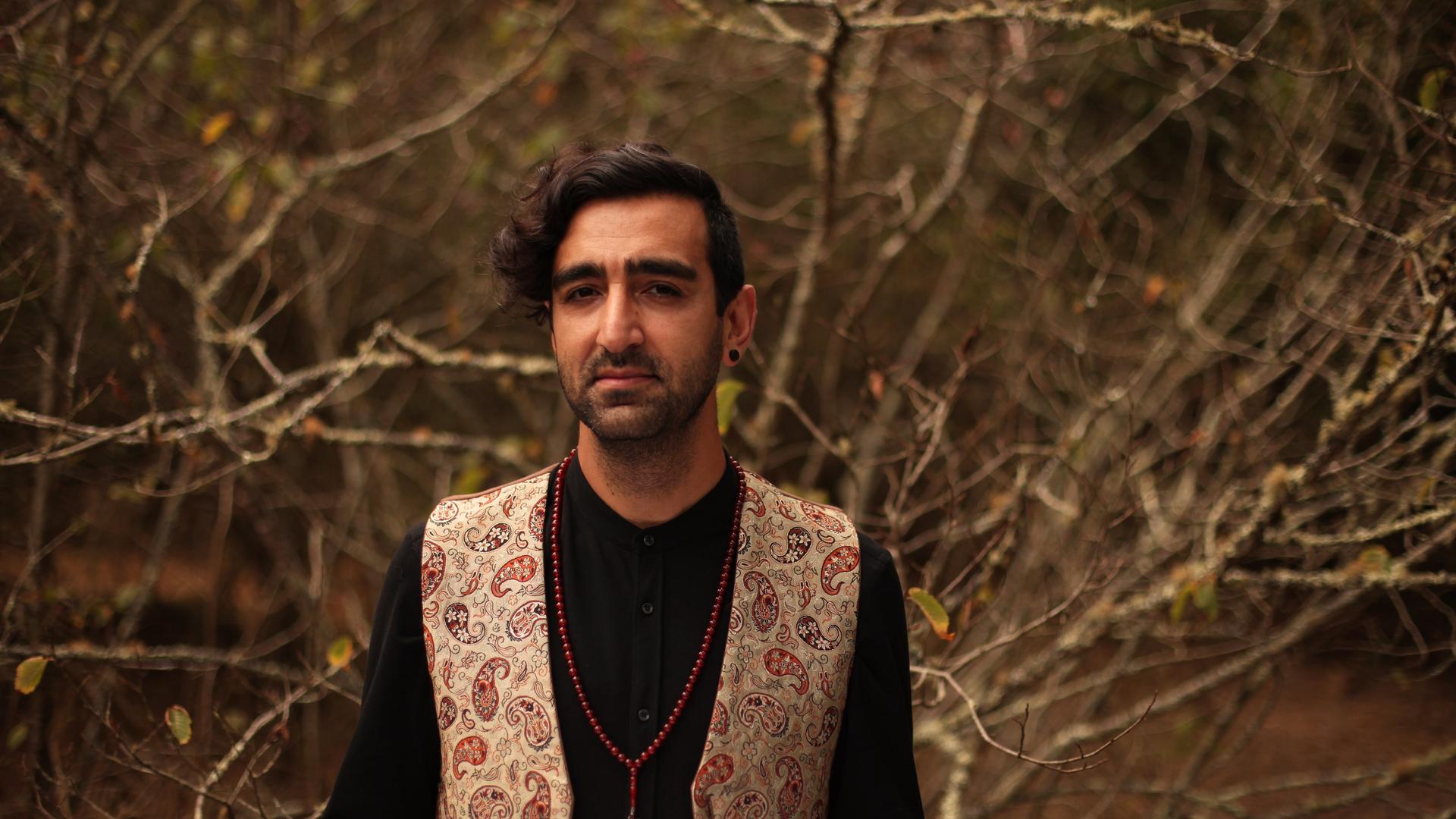When Iranian American composer Sahba Aminikia was 19, he left Iran for Russia to study at the St. Petersburg State Conservatory under Boris Ivanovich Tishchenko, a former student of the famous classical music composer Dmitri Shostakovich.
Aminikia says he admires Shostakovich so much that he was inspired to go into classical music.
“He also lived under a very totalitarian government there, and that effect is very much evident in his music,” Aminikia said. “That is the music that comes from pain.”
In 2006, Aminikia immigrated to the US as a refugee and began studying at the San Francisco Conservatory of Music. But even as he launched his career in America, his music was often focused on Iran.
Aminikia wrote music about the little things he missed about the country where he was born. He also wrote about the protests that were happening in Tehran following the election in 2009 and experimented with incorporating the actual sounds of mourning and uprising into his tracks.
Related: Four musicians grapple with the same question: What is home?
Aminikia had to choose between his passion for music and his homeland. He left Iran due to religious persecution related to his Baha’i faith.
The religion, founded in 1844 in Iran, teaches the oneness of all world religions — it focuses on advocating for racial unity, gender equality, universal education and harmony of science and religion.
The Islamic Revolution of 1979 overthrew the US-backed regime of Mohammad Reza Pahlavi and replaced it with an Islamic republic led by Ayatollah Khomeini. Under the new regime, Baha’i believers could not practice their faith in public, hold government jobs, collect pensions or attend higher education.
Aminikia’s father and other former professors founded the Baha’i Institute for Higher Education, BIHE, an alternative university that operates out of people’s homes to provide educational opportunities to Baha’i believers. It was at BIHE where Aminikia obtained his associate degree in music.
Aminikia has built a successful life around music and art, but he has had an unhappy relationship with his country. Aminikia’s latest collaboration with the Kronos Quartet is called “Nasrin Dream,” inspired by the story of imprisoned Iranian human rights lawyer Nasrin Sotoudeh.
“We meant to say that these drops of rain, no matter how weak and how insignificant they are, eventually they would create a rainstorm, and they would wash this part of humanity.”
Aminikia believes that suffering can inspire true art.
That’s why music exists, Aminikia said, adding, “It’s a natural, organic response that our body has to this pain. The music that speaks to the soul comes from the soul. And the soul that is full of pain, it would always sound better. And we know that deep down as musicians.”
